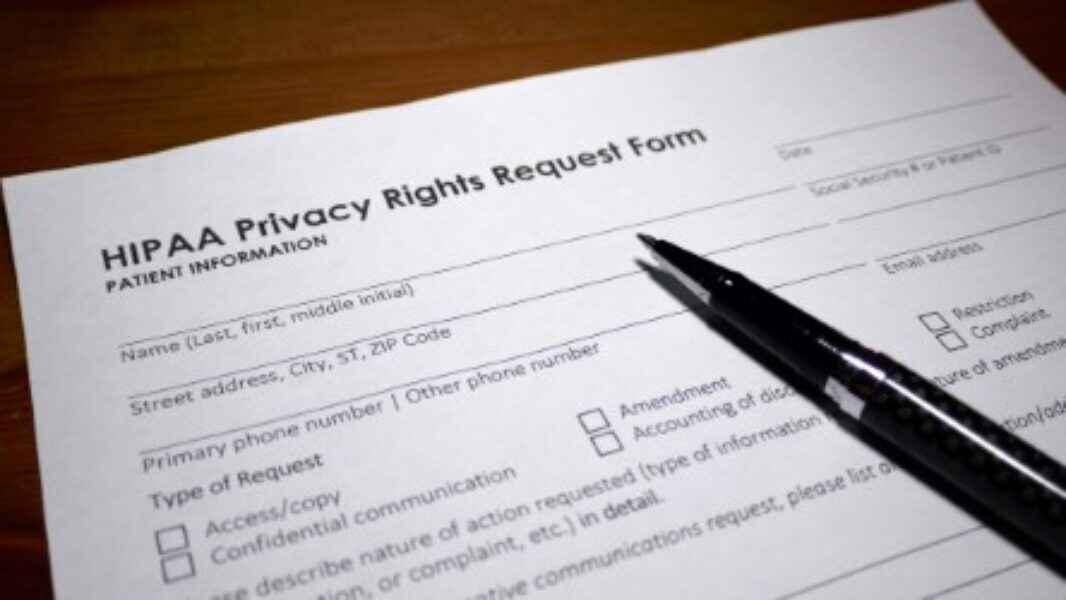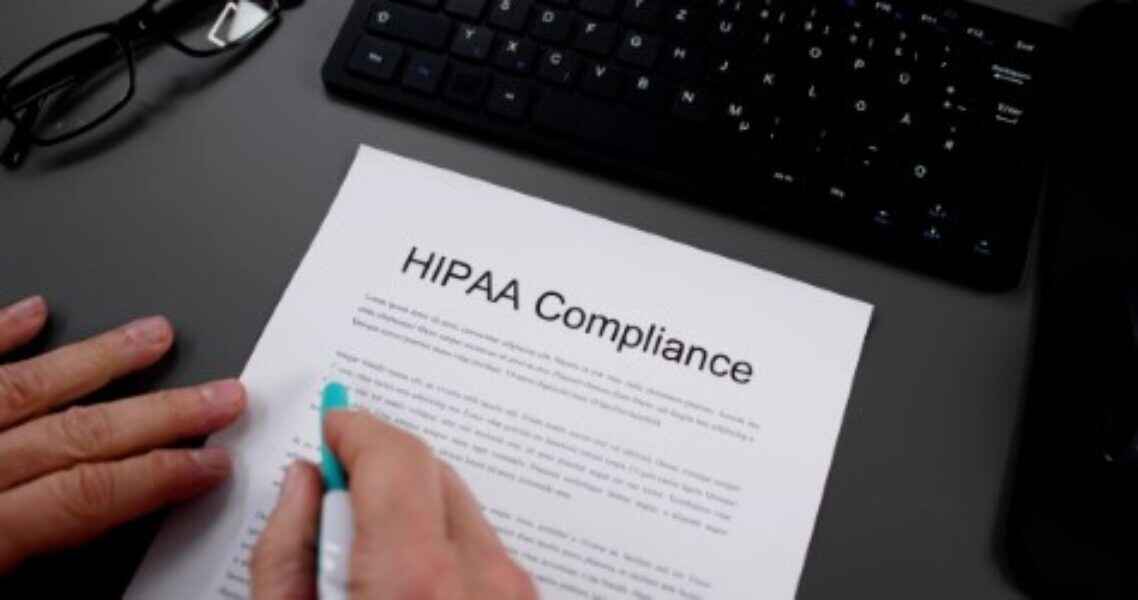
Equity Concerns and Recommendations to Support Fair Practices in Sharing and Using Child Welfare Data
Issue BriefHealth Information and Data SharingMechanisms for Advancing Health EquityIn recent years, federal, state, and local child welfare agencies have begun to develop data sharing policies and practices to support sharing child welfare data with other agencies. These agencies intend to use data sharing to enhance the government’s ability to coordinate and improve the provision of social services. This issue brief explores the relationships between child welfare, public health, data sharing, and racial and income disparities. It includes recommendations for agencies, community partnerships, and policy researchers to incorporate into the development of data sharing and use practices to reduce the risk of further perpetuating harm against vulnerable communities.








